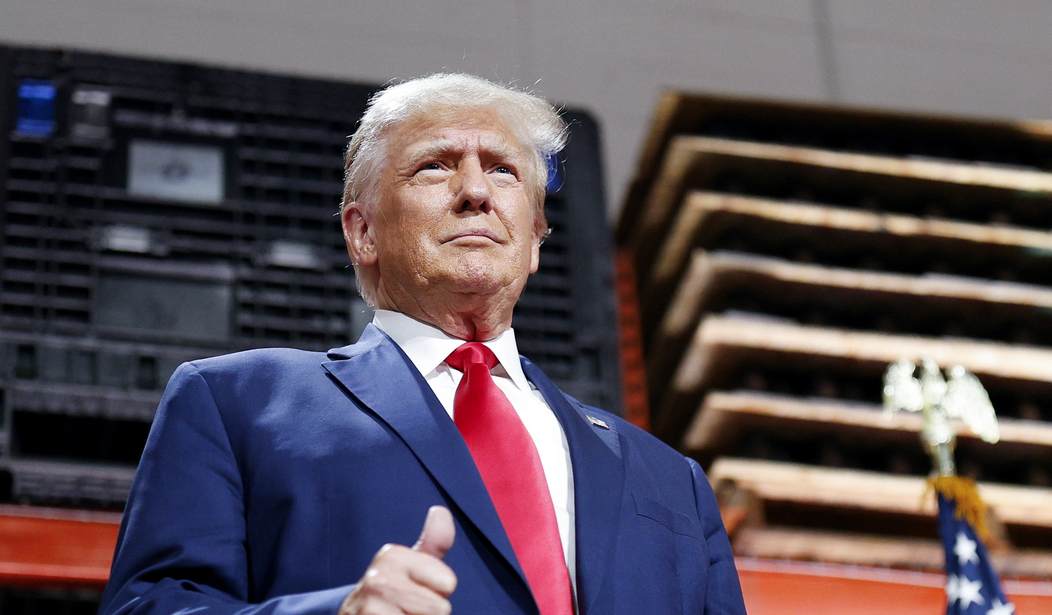Despite the callings of more than a few influential Conservatives in and out of the House of Representatives and his frontrunner status for the Republican nomination, there are several reasons former President Donald Trump will not be Speaker of the House of Representatives anytime in the foreseeable future.
Notwithstanding current House rules regarding whether someone who faces a possible felony conviction can be Speaker, the immense responsibilities that come with being Speaker of the House would likely preclude President Trump from running for the Presidency again with effectiveness. The Speaker is the go-to point for everything from legislation to committee chairs and office assignments in the House. There simply would not be enough time to do it, even with Congressional recesses.
Those responsibilities, coupled with the sheer amount of time taken up by the legal battles Mr. Trump faces, would make it difficult for anyone, even a person of his energy, to effectively engage the entire House of Representatives or even the Republican Conference. A full-time Speaker is desperately needed to manage the business of the people’s representatives.
There has been cross-pollination between branches in the past. Every Vice President is at least nominally a member of both the Legislative and Executive branches. Former President John Quincy Adams was later elected to the House of Representatives, and former President Andrew Johnson was elected to the Senate (Former President John Tyler also took a seat in the Confederate Congress). President James K. Polk formerly served as Speaker of the House, while former House Speakers Schuyler Colfax and John Nance Garner later became Vice President. Perhaps most notably, former President Taft achieved his lifelong dream and later became Chief Justice of the Supreme Court.
Recommended
However, most of these individuals (Quincy Adams and John Nance Garner being the most notable exceptions) were content in their new roles and did not seek other offices after their crossing into a new branch.
Finally, for someone to gain the Speakership, they must gain a majority of votes of the House of Representatives sitting members. If Donald Trump were to run for the Speakership, it is nearly guaranteed that too many Republicans would vote with the Democrats or at least abstain by voting present. The Democratic caucus has the party discipline to coalesce behind one leader. The diversity of the House Republican Conference does not make this possible, despite Mr. Trump’s front-running status for the Republican Presidential nomination. Due to this diversity and lack of party discipline, if President Trump were to run for Speaker, the same thing would happen as happened to Speaker McCarthy, but in reverse; the left-leaning Republicans would vote against Trump and hand the Speaker’s Chair to Hakeem Jeffries.
There is no Constitutional requirement that the Speaker of the House of Representatives be a member of said House. Different from the British Parliament, whose Speaker of the Commons is to be apolitical, the Speaker of the House in the United States is a partisan member of their conference. However, with there being no requirement that the Speaker be a member, there is at least some inkling of possible independence of the role if Congress were to elect such an outsider. However, this will not happen, especially in the case of President Trump.
Another unprecedented chapter to American political drama would be added in having a former member, such as Newt Gingrich, or a non-member, such as Donald Trump, elected as Speaker. With former President Trump presiding over the House, many more would watch C-Span even if it was pay-per-view. However, that is not likely to happen anytime soon.
*Views expressed are those of the author and not any government agency.

























Join the conversation as a VIP Member